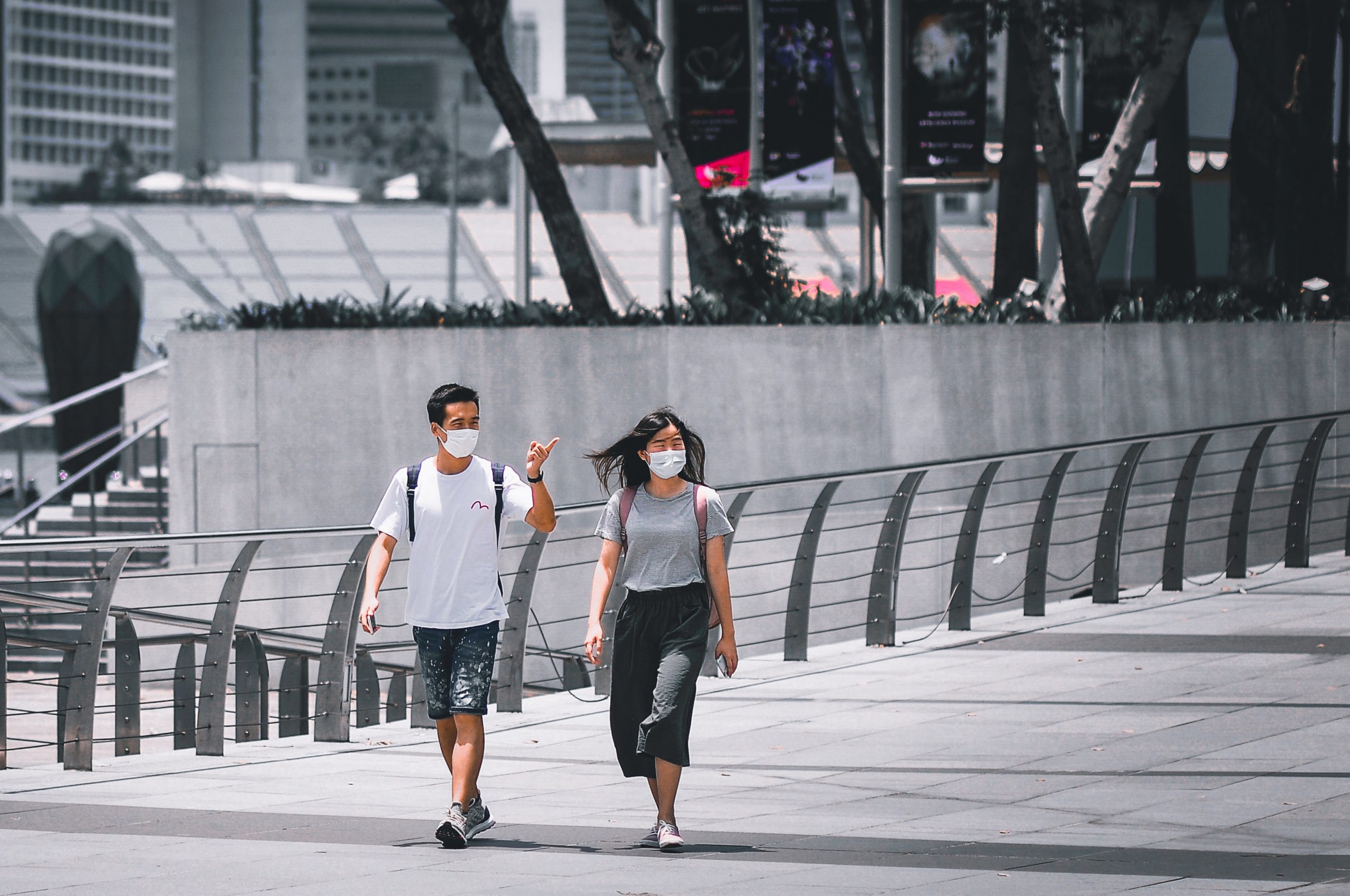US President Donald Trump has warned China that it should face consequences if it was “knowingly responsible” for the spread of the novel coronavirus, upping the ante on Beijing over its handling of the COVID-19 pandemic. Trump, who has expressed disappointment over China’s handling of the coronavirus disease, alleged non-transparency and initial non-cooperation from Beijing with Washington on dealing with the crisis. “If they were knowingly responsible, yeah, then there should be consequences. You’re talking about, you know, potentially lives like nobody’s seen since 1917,” he told reporters at a White House news conference on Saturday. Trump said his relationship with China was very good till the time the deadly COVID-19 swept across the world. “The relationship was good when we were signing that, but then, all of a sudden, you hear about this. So, it’s a big difference.
Among the top four states in the country with most COVID-19 infections, Tamil Nadu has started witnessing a dip in number of new cases during last week and is now optimistic of flattening the curve in the coming days. The recent daily numbers have been showing a decline or a marginal increase and authorities attribute the trend to a multi-pronged approach adopted by the government to stem the spread of the deadly virus that has so far claimed 15 lives in the state. “The last three days saw a decline in the number of COVID-19 positive cases, indicating our efforts in monitoring and effective monitoring at that, appropriate prevention measures and containment plans are beginning to pay results,” Health Minister C Vijaya Baskar said on Saturday. Positive cases in Tamil Nadu kept rising steeply from the beginning of this month largely due to more people who returned the Tabhlighi Jamaat event in New Delhi and their contacts testing positive in various parts of the state, which is in the fourth spot country-wide with 1,372 cases. In fact, as much as 84 per cent of the cases in Tamil Nadu are linked to the last month’s Islamic congregation in Nizamuddin in Delhi that has turned out to be the biggest hotspot for coronavirus in the country.
India should resist calls for mega relief and stimulus packages that pitch for generous availability of credit to even unviable businesses and focus on a more “measured approach” by limiting interventions to provision for working capital and ensuring basic necessities for all to deal with the impact of the COVID-19, eminent economist Arvind Panagariya has said. The former NITI Aayog Vice Chairman said that India, like nearly all other countries in the world, faced “difficult choices” against the COVID-19 pandemic. “So far, India has walked the tight rope as well as it could have, given its resources and management capabilities,” Panagariya told PTI. Elaborating on the path ahead for India as it navigates health and economic concerns in the wake of the COVID-19 pandemic, Panagariya said there have been calls for mega relief and stimulus packages from various quarters. “The scale of some of these packages is so large as to give some sections living standards that exceed what they enjoyed prior to the advent of the coronavirus on Indian soil.
South Korea reported fewer than 10 new coronavirus cases Sunday for the first time in two months as US governors ease lockdowns amid pressure worldwide from businesses and the public to limit the pandemic’s economic damage. In Brazil, hundreds of people protested in major cities against anti-virus lockdowns. France reported a decline in numbers of intensive care patients but its health agency warned the public to stick to strict isolation measures. The pandemic that began in central China in December is believed to have infected more than 2.3 million people worldwide. While most recover, at least 155,000 have died, according to a tally by Johns Hopkins University. South Korea reported eight new cases, raising its total to 10,661 with 234 deaths. South Korea’s toll of new cases has fallen from a peak of 909 on February 29.











